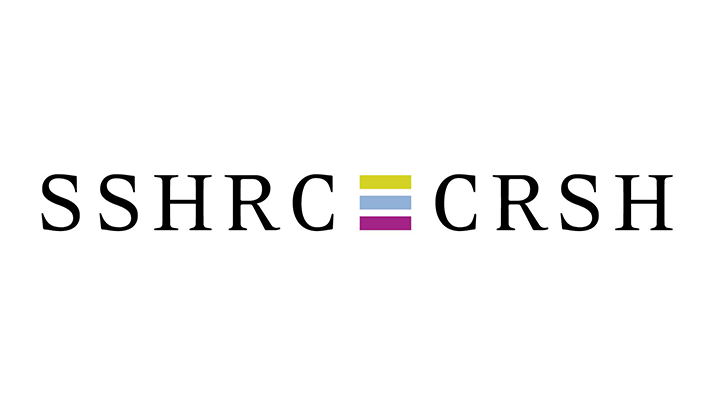About the Project
Project Summary
Socialness— the urge of an individual to seek the community of others—is at the heart of human survival and a critical aspect of workplace interactions with measurable benefits for job satisfaction, productivity, creativity, and collaborative work. Although the trend towards digital workplaces is not new, it has been amplified by the current pandemic. Hence, the importance of socialness—in particular in light of the recent “social distancing” mandate—has never been more evident. Recent workplace technologies, such as Enterprise Social Media (ESM), promise to create better opportunities for relationship formation among co-workers, but the extent to which these tools can support meaningful social interactions in the workplace and realize associated organizational benefits is ill-understood. Hence, there is a strong need for a multidisciplinary, integrative literature review to holistically understand: (i) the concept of socialness; (ii) its meaning and (iii) value in workplace settings; (v) its applicability in digital settings; and (v) the role of technology use as well as technology design in maximizing the benefits for workplace socialness while mitigating possible risks. To do so, the proposed research will use a semi-systematic literature review approach with the aim of mapping out and synthesizing the state of knowledge, including strengths and gaps, providing a historical overview of how the topic of socialness has evolved, and proposing a research agenda. Not only can these insights help to guide future academic research on socialness, in particular in the context of workplaces and digital or technology-enabled settings, but it can further help to produce best practices for (i) managers interested in fostering supportive digital workplaces, (ii) employees navigating digital workplaces in search of meaningful social experiences, and (iii) system designers developing workplace technologies intended to foster positive social experiences.
Intellectual merit
The proposed research aims to produce such a knowledge synthesis and lead to five major scholarly contributions: 1) an interdisciplinary conceptualization of socialness; 2) an understanding of socialness and its importance in workplace settings; 3) sociotechnical insights into the role of technology in enabling socialness; 4) extensions to ESM research on the “socialness” impact of ESM in workplace settings; and 5) design guidelines and best practices for fostering workplace socialness that can be validated and tested in future empirical research.
Broader impacts
Practically, we expect that the resulting insights will have social benefits through informing organizational policies and practices for designing positive workplace social experiences and avoiding employee social isolation—specifically those most vulnerable due to distance working (e.g., women and minorities). Results will also be used to inform employees on how to use technology in appropriate and constructive ways; perhaps one of the most important research contributions in times of pandemic challenges. Socialness is not just of heightened importance due to the current pandemic, but recent research shows that the three most important workplace needs of millennials are: sociability with colleagues, opportunity to grow, and work-life balance; further underscoring the broader relevance and applicability of the proposed topic. Finally, we aim to generate actionable design implications for how workplace technologies (e.g., ESM) can support socialness. The research team will continue to be active in and out of academic circles to present the resulting findings and training materials through a dedicated website, practitioner-oriented webinars, and the development of an online, interactive socialness design toolkit for improving social technology design. The expected outcomes can be broadly classified into three knowledge groups. First, in terms of academic outcomes, we intend to develop a holistic conceptualization of “socialness”, generate a knowledge synthesis review of “socialness” research, and propose a research agenda to guide future “socialness” research, particularly in workplace and digital settings. We will also generate a database with all reviewed literature for data sharing, replication, and validation purposes. Second, for educational purposes, we intend to generate a “how-to” literature review guide—an aspect of academic writing most students struggle with—as well as interdisciplinary lecture notes on the topic of socialness. Third, for practitioners, several sets of knowledge will be generated. For managers, this project will produce insights about the value of socialness in workplaces; best practices for fostering workplace socialness and using technology to support meaningful social experiences; and mitigation strategies for avoiding potential negative side effects (e.g., deteriorating work-life balance or privacy). For employees, we will generate best practices to help navigate workplace social experiences and use guidelines for technologies (e.g., ESM) to reap the benefits of digital socialness while avoiding its potential pitfalls. Finally, for designers, we aim to generate a set of design recommendation and resources in the form of a web-based, interactive design toolkit for improving technology affordances to enable meaningful social experiences and safeguard against negative side-effects.
Funding
